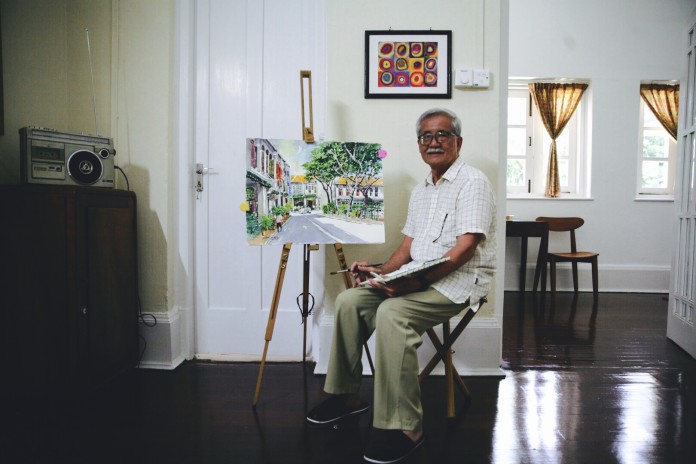SINGAPORE – At the age of 76, former chef host Asmah Laili rarely went out without a wheelchair or walker, and relied on a helper to run her sales cooking classes.
When she challenged herself to prepare a bubur somsom dessert without the help of a maid, it was only five minutes that she was panting: “I can not carry this too.” I was exhausted.
But then, with the task of feeling to grab her, almost miraculous things happen.
She forgot her crutches.
After entering a taxi and offering her dessert to her former colleague, she confesses to her two feet, she confesses: “It brought sweet memories of the past.I have done so many things today, and I never Did not think I can do all their own.
With the aging of the population, Singapore is expanding medical facilities and infrastructure for the elderly. But does it miss the same key thing in aging games?
WATCH: The transformation of a 76-year-old
A new four-part documentary series premiered on Boxing Day (December 26), turning back the clock through a series of social experiments that examine how our attitudes, expectations and circumstances affect older people.
For example: What happens to the mental health of a group of female nursing home residents, when they are controlled to design their public living space for two weeks, from choosing wall paints to potted plants?
And it is better to raise the brainpower of volunteers in the 50s and 60s – do Sudoku puzzles, salsa dances, or pedal bikes. (The answer may be many.)
WATCH: A social experiment on brain-boosting
“Return to the clock” is the core of its executive producer Sharon Hun the question: “Help the elderly, we help them helpless?
The core of this series is a time travel experiment – five participants aged 74 to 78 go back to 1977, living in a colonial bungalow for a week in everything retro.
Despite their health and mobility problems, the five men were forced to raise themselves, without any help, apart from each other; and were involved in pushing them beyond pre-imagined limits to physical and other activities.
The idea is to see if you can take them back to their glorious days and get rid of the level of helplessness they expect, to turn around the devastation of old age in a week.
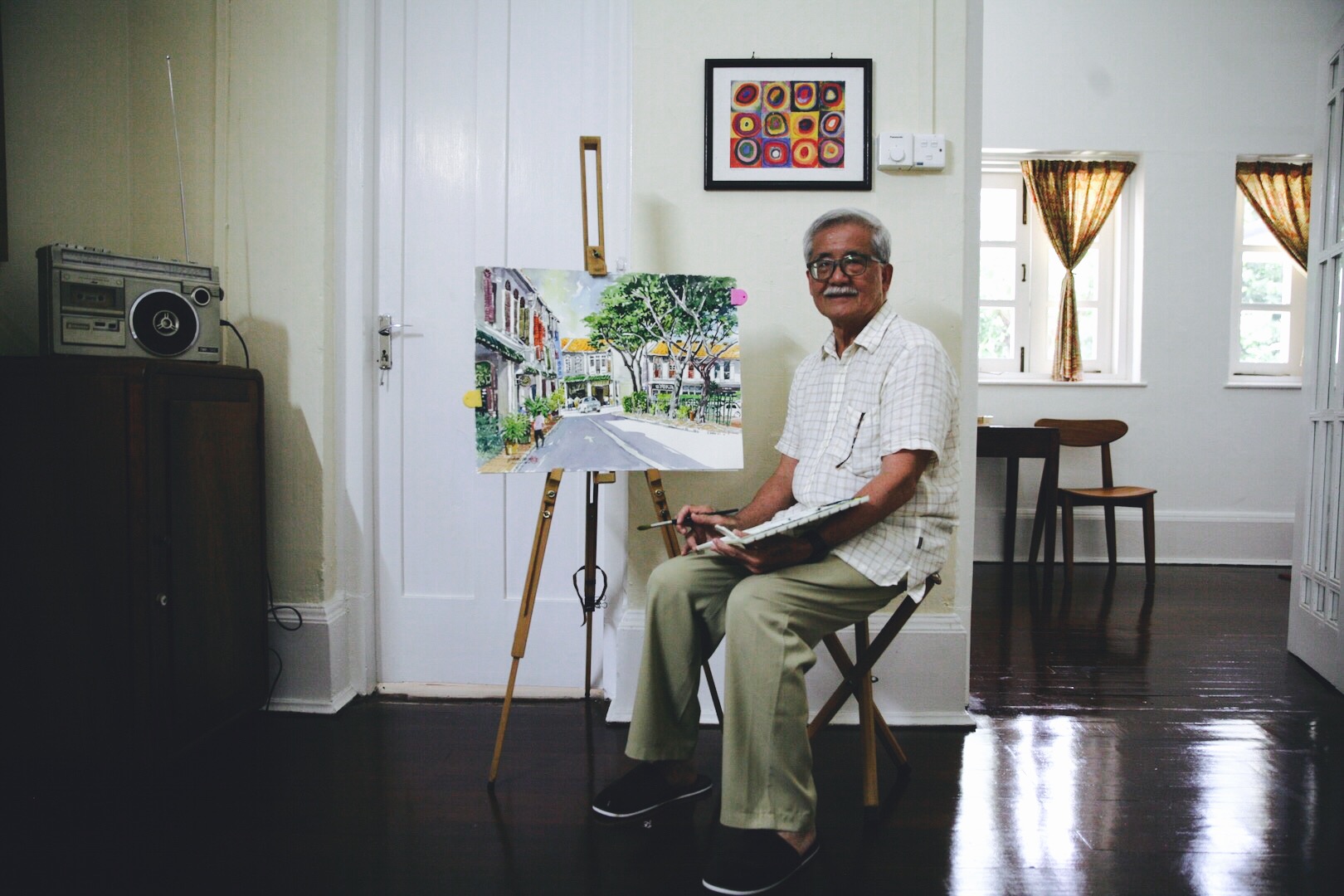
‘IT TAKES TOUGH LOVE TO LIVE BETTER, STRONGER LIVES’
For example, artist Harry Chin, 75 years old, had a mild stroke three years ago and only went out to paint when his assistant was with him. For his challenge, he walked more than an hour to the botanical garden, carrying his own equipment.
He later said: “I think my old self back, I am full of vitality.
Other contestants include soccer referee legend Chandra Nadasan, 76, who made the first match in 28 years to make the referee an appropriate match; Singapore’s first female army captain Nancy Tan, 74, returned to Basra And Tamil Theater actress Chris Navani Narayanan, 78, who danced for the first time in seven years.
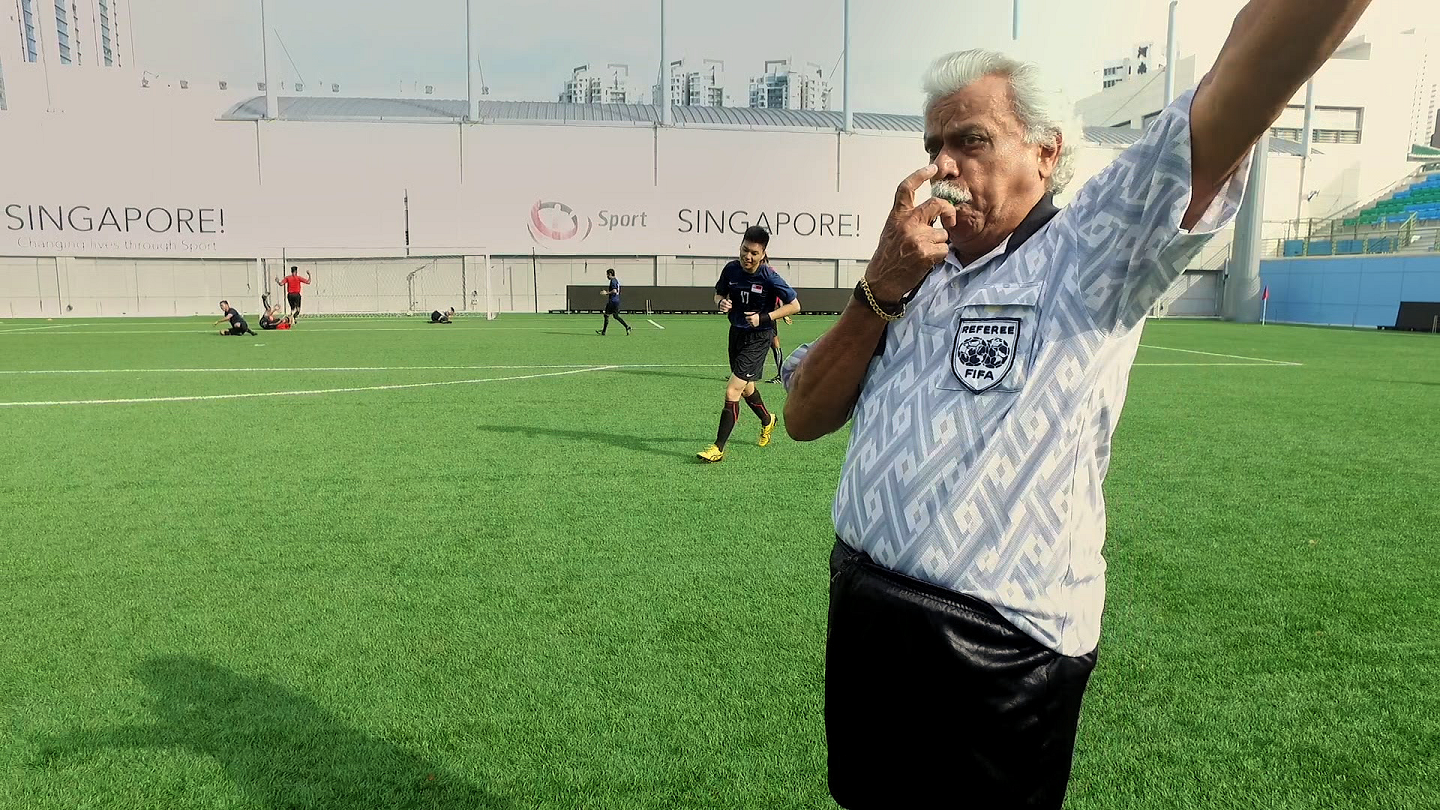
Psychologists, and fitness instructors. All participants were also tested for memory, emotional well-being, strength, balance, and flexibility before and after a week of experimentation. The final result is shown in the fourth set.
But producer Tang Hui-hwan admits that she and her co-producers Lin Lin and Julie Lisa find it difficult to shake off the idea of a fragile old man even if they push five participants.
When a participant falls in a critical scene, they question what they are doing.
Fortunately, the participants rebounded quickly. “We have to believe that they are stronger than we think, and sometimes need this strong love to help them lead a better and stronger life,” Ms. Tang said.
REASON TO LIVE ON
So did the one-week retreat made any lasting impact on the participants’ lives? Or did they revert to their old ways afterwards?
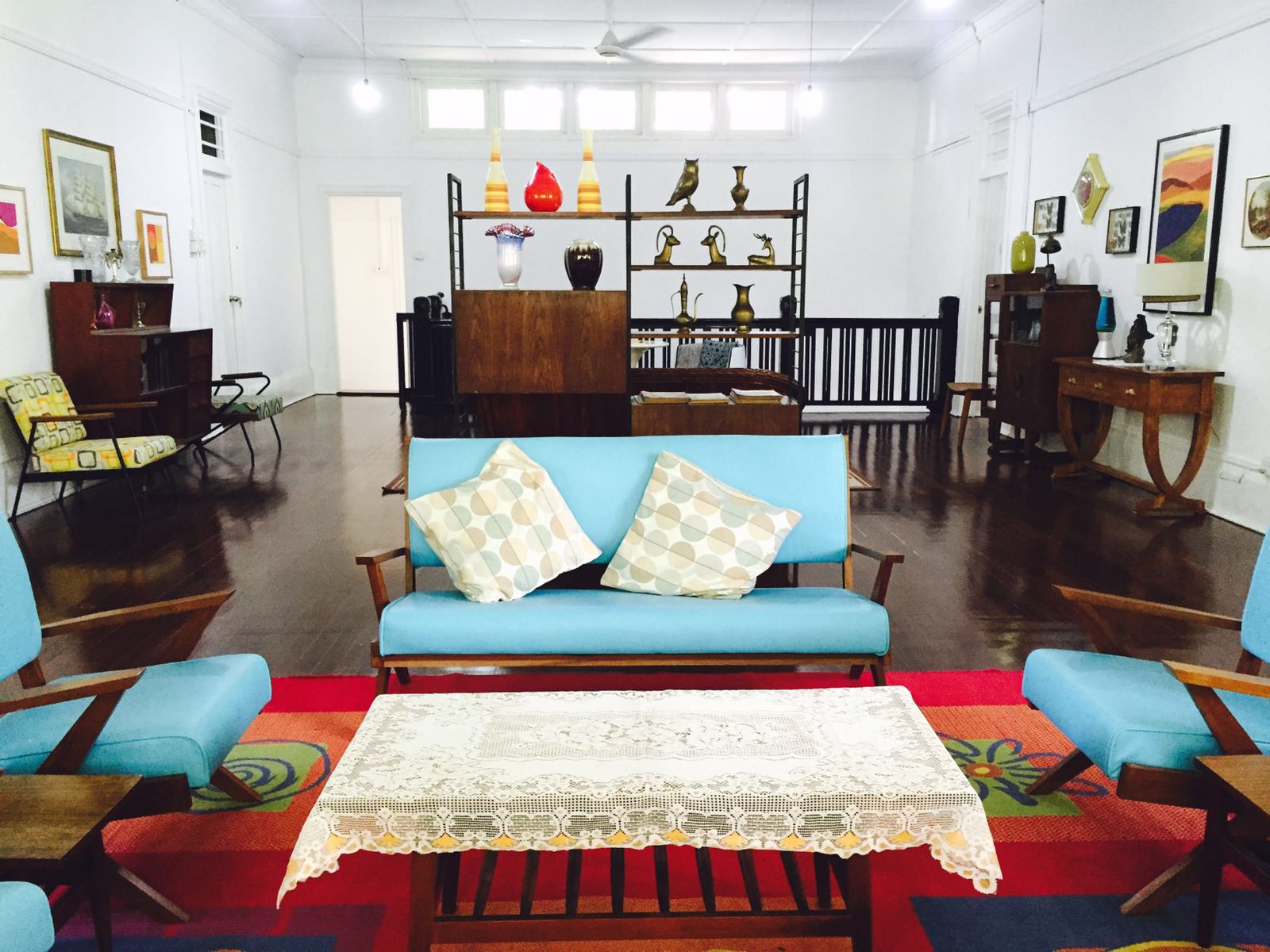
When Channel NewsAsia caught up with a couple of participants roughly two months after the experiment, at a preview screening of the series on Nov 26, some of the changes were clear.
Mr Chandra said he has adopted a more rigorous exercise routine. Aside from swimming twice a week, he climbs 25 flights of stairs on Mondays and Wednesdays. He credits James Tang, the documentary’s fitness consultant.
“When James said that it’ll sort of enhance my memory, I said, why should I let my memory get less and less? I’ve more to gain and nothing to lose,” he said.
As for Mr Chin, a widower, instead of spending his days in solitude with his artwork as he used to, he said: “Getting to know my four friends and making happy memories with them has changed the way I think.”
Explaining that loneliness is an issue commonly faced by the elderly, the documentary’s geriatrician Dr Carol Tan said: “Before that, (Harry) had said, ‘there’s no reason for me to live on.’ But because of his friends, he now has a reason to live on.”
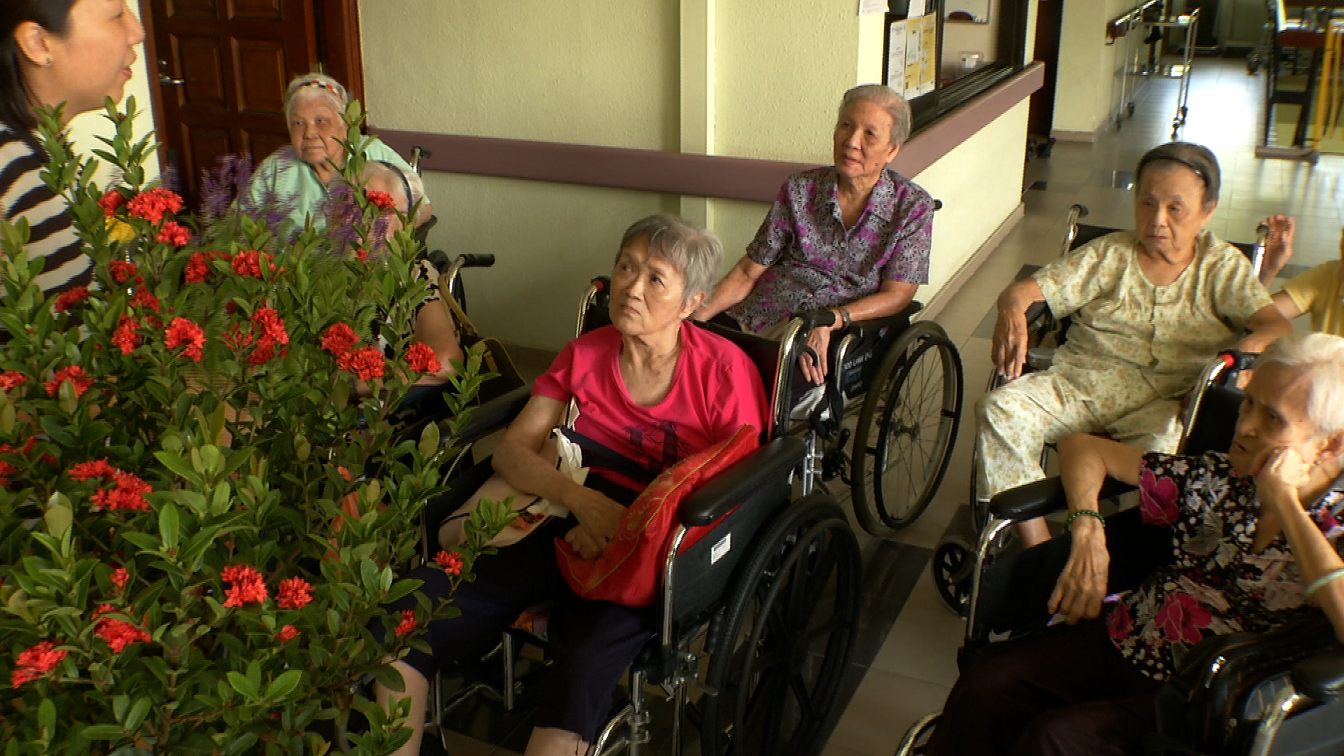
At the preview screening, guest of honour Mr Chee Hong Tat, Minister of State for Health and for Communications and Information, expressed his hope that Singaporeans would face ageing with optimism.
“It is really about mind over matter,” he said. “Yes, infrastructure needs to be there, but that’s really more like a hygiene factor. It’s necessary, but insufficient. What is actually more important is the right attitude, and care and concern coming from within.”
Turn Back The Clock premieres with a one-hour episode on Monday, Dec 26, at 8pm (SG/HK), as part of the CNA Signatures belt showcasing innovative programmes.
